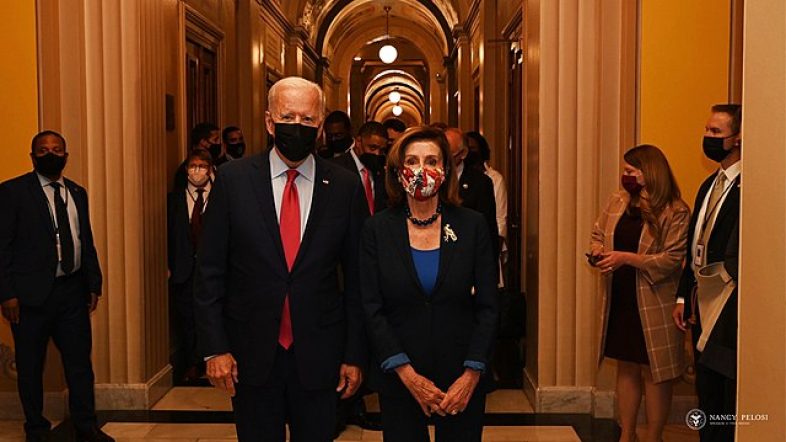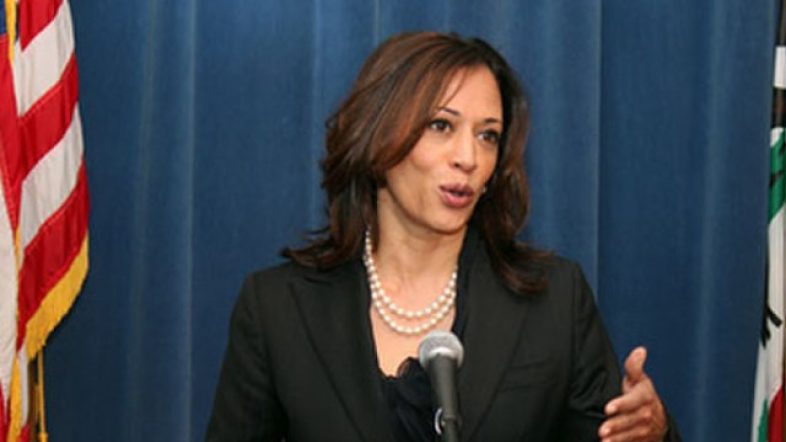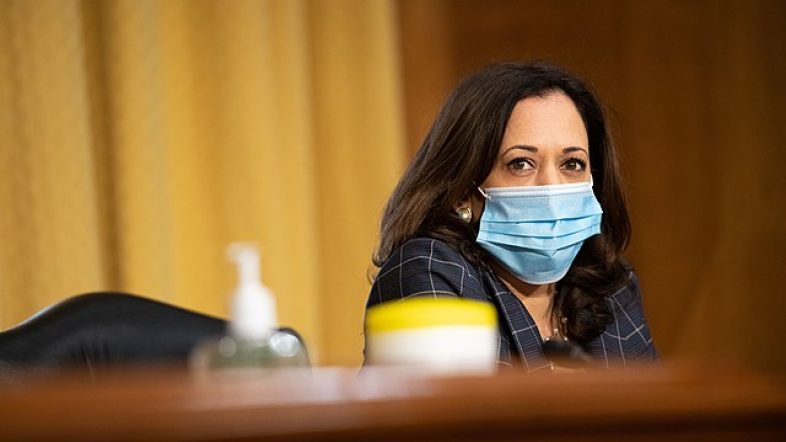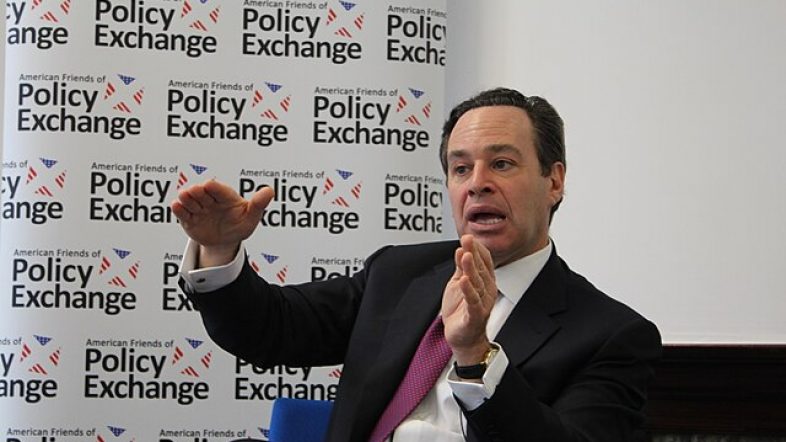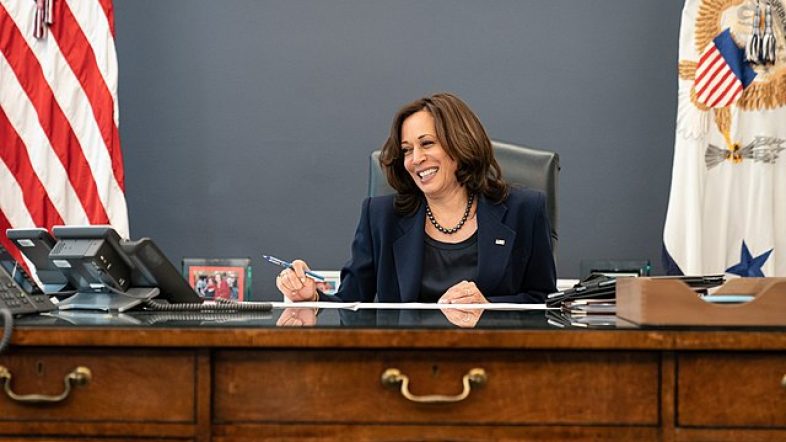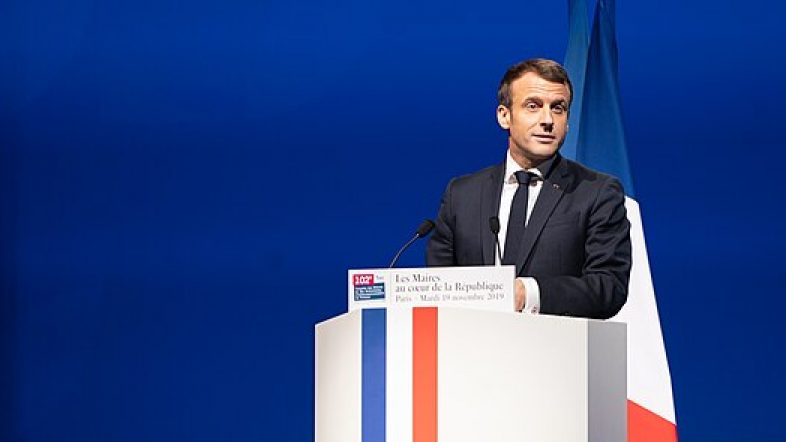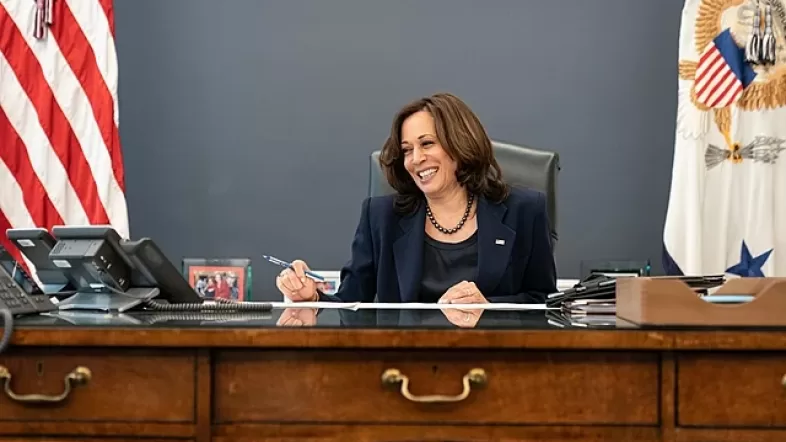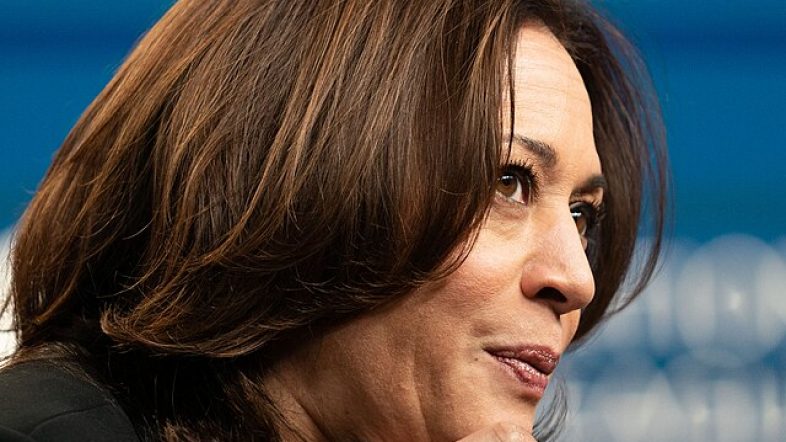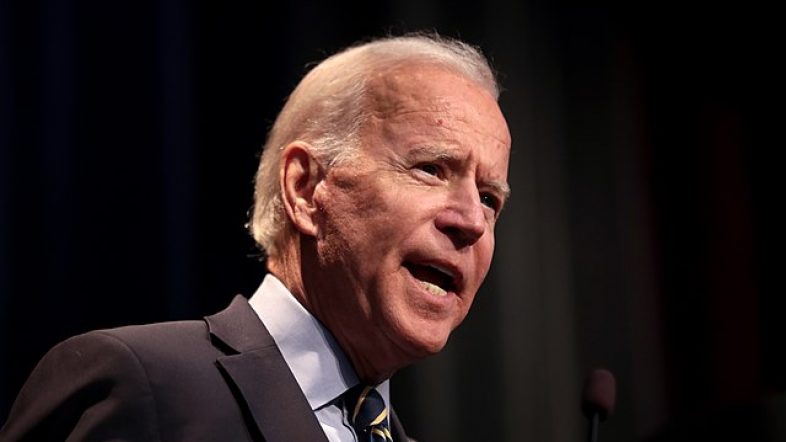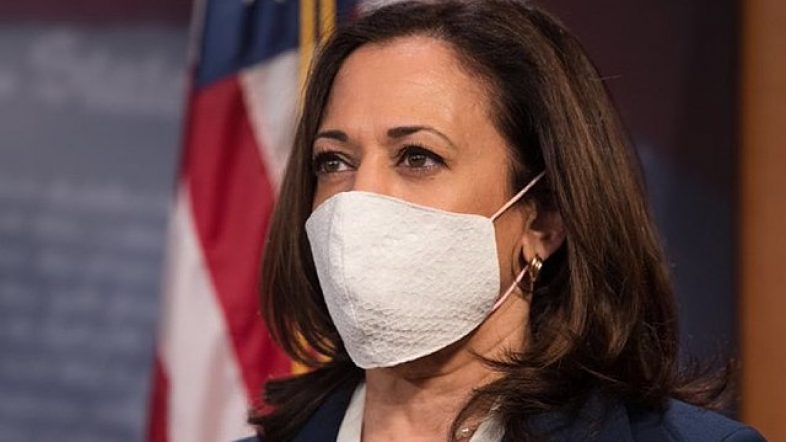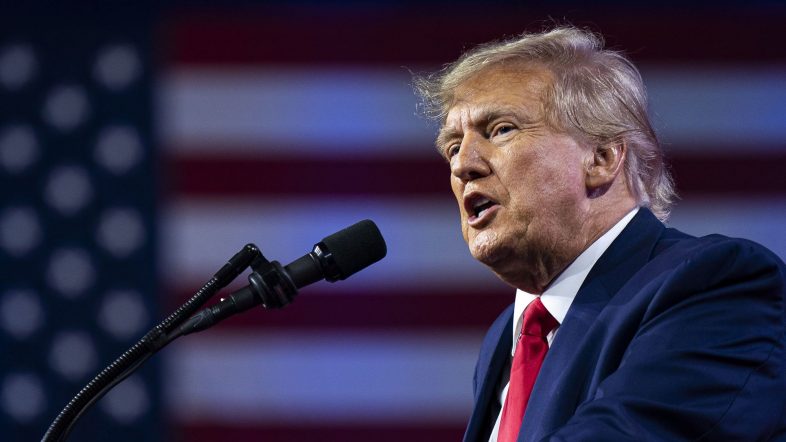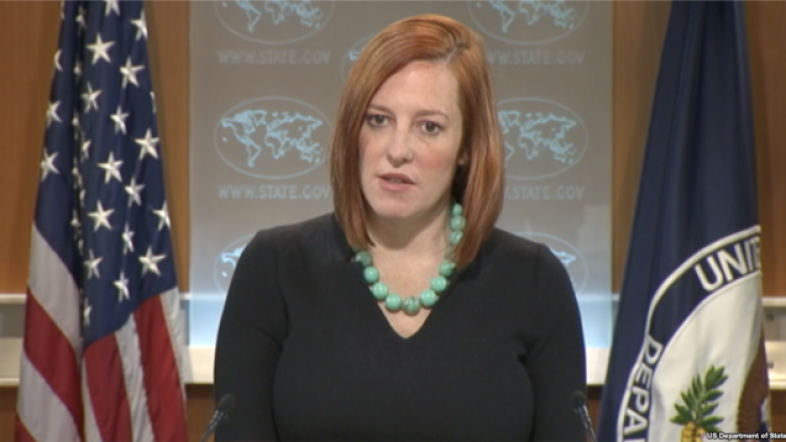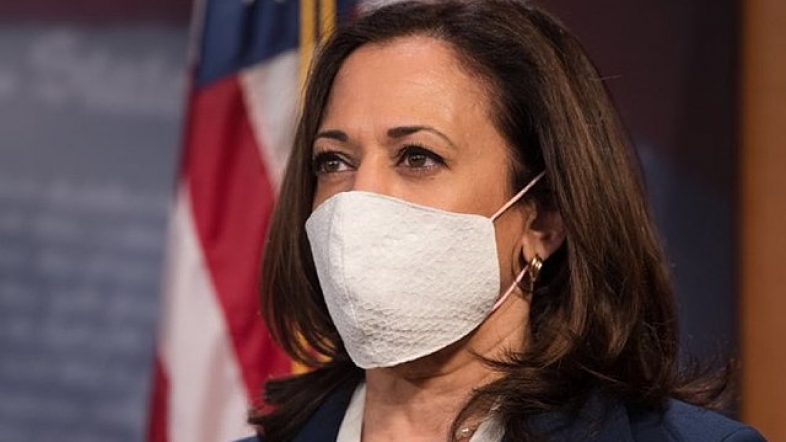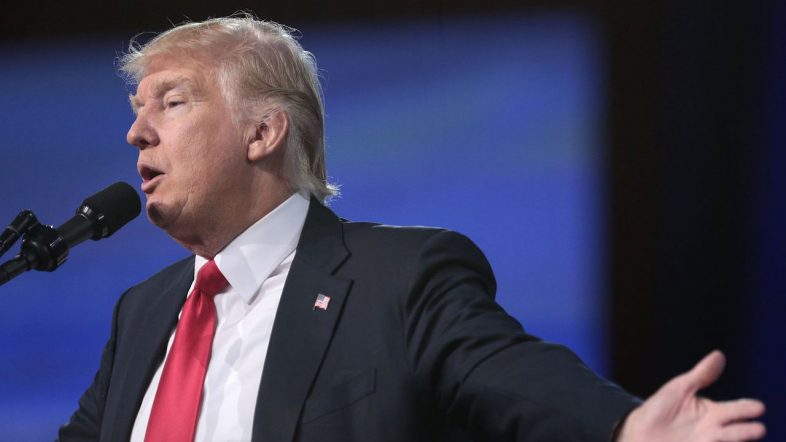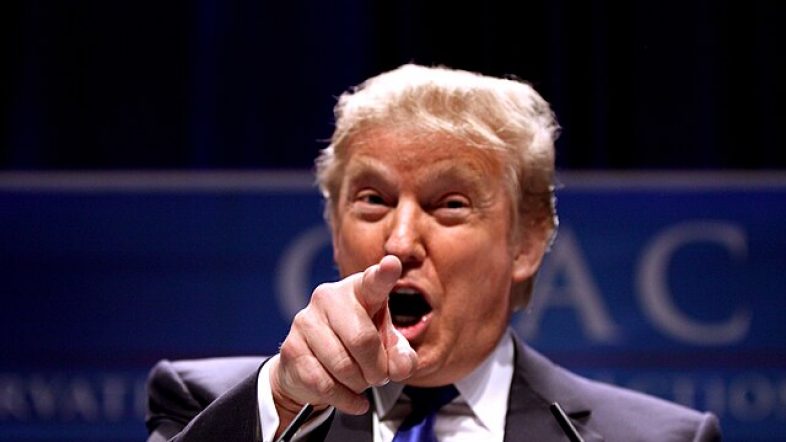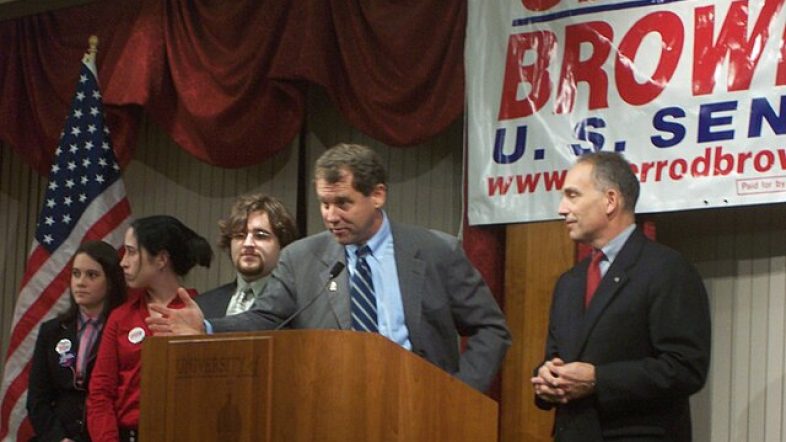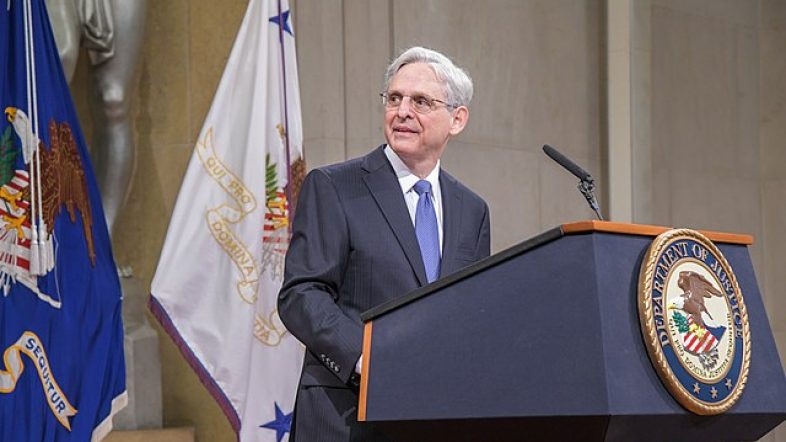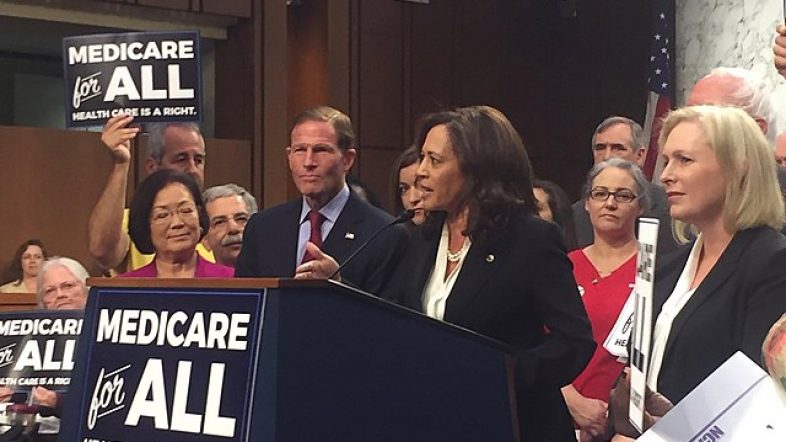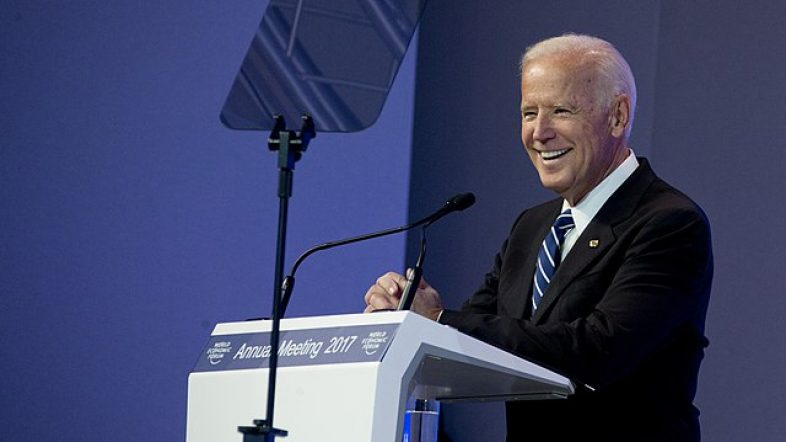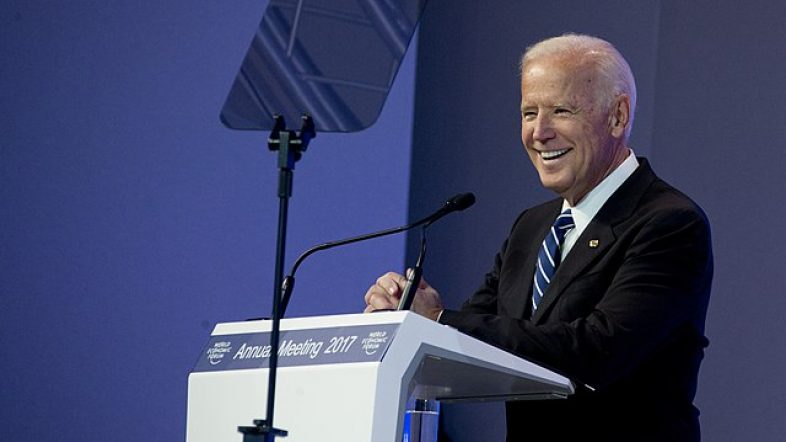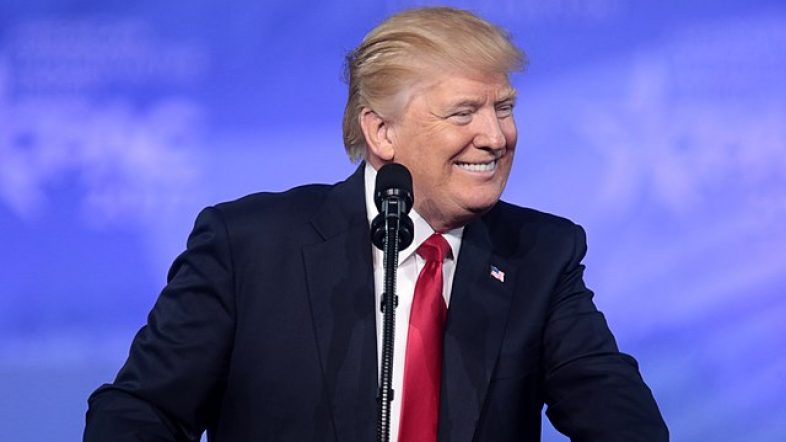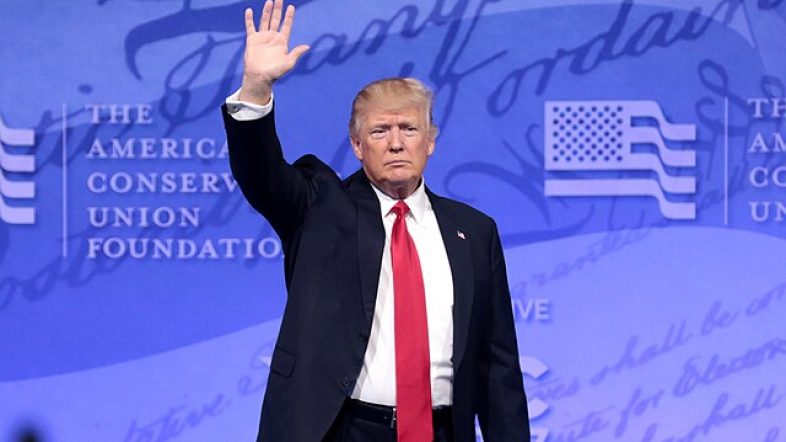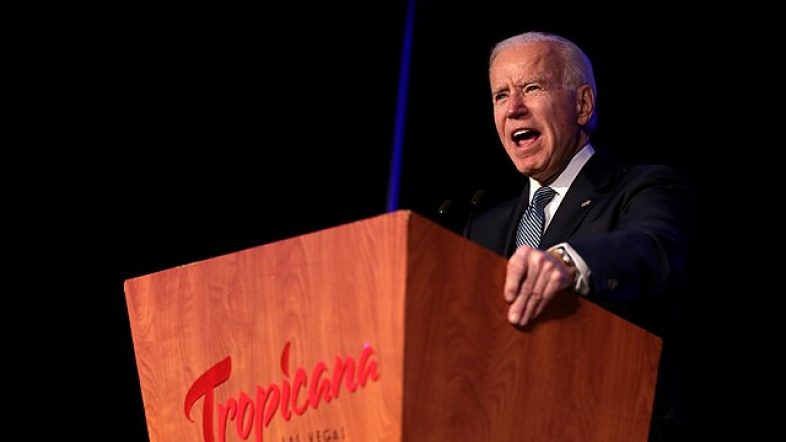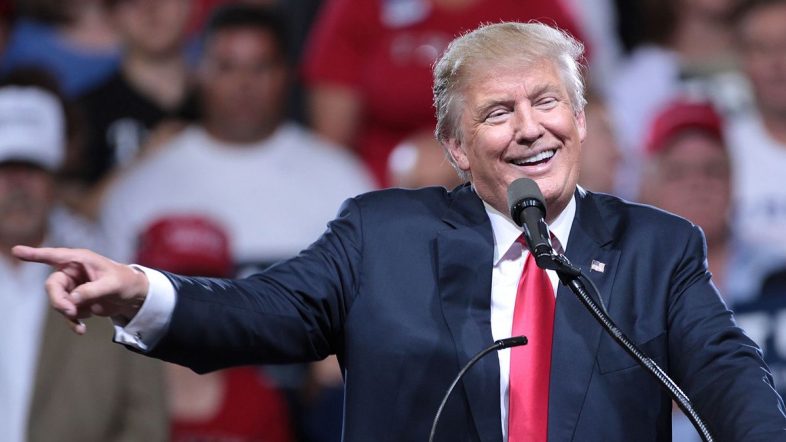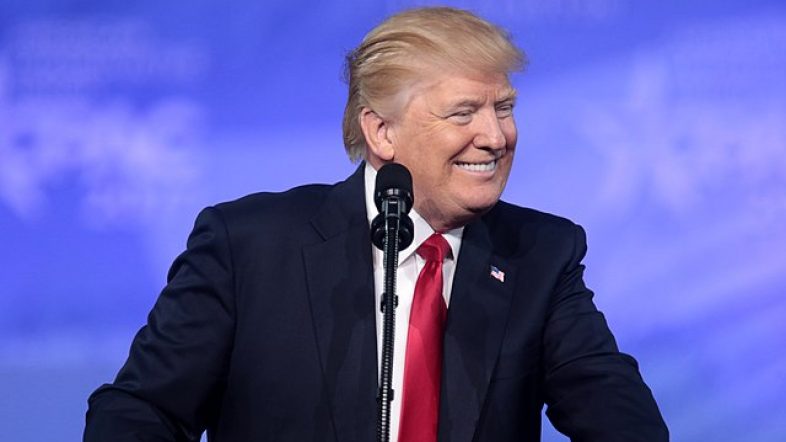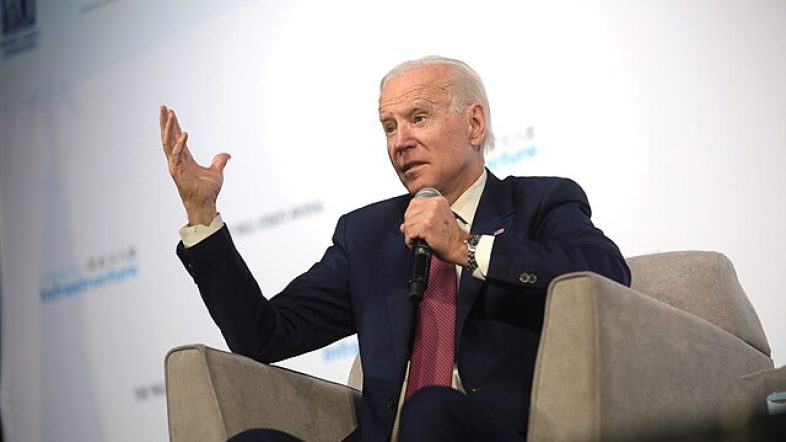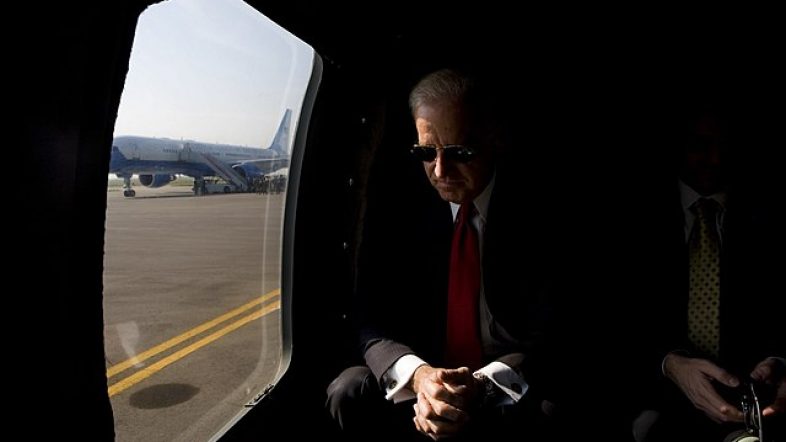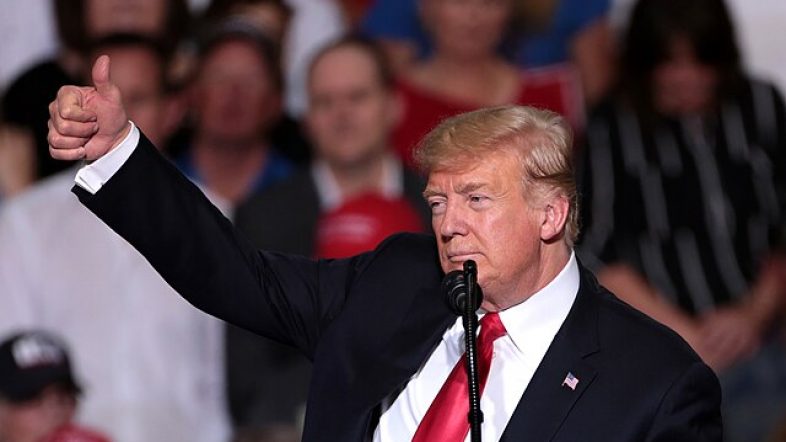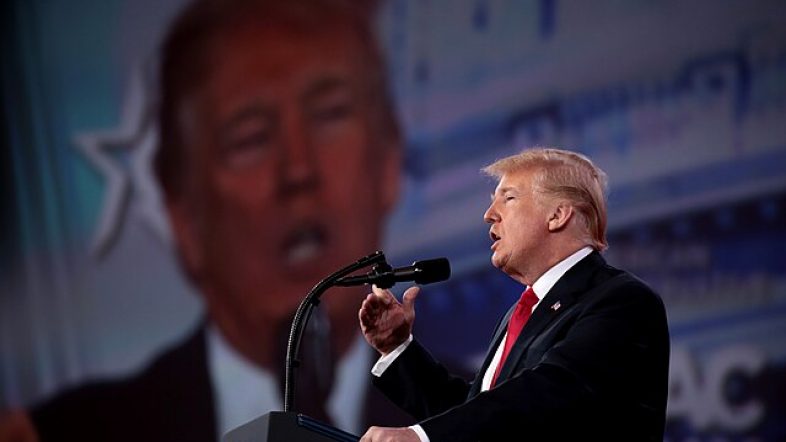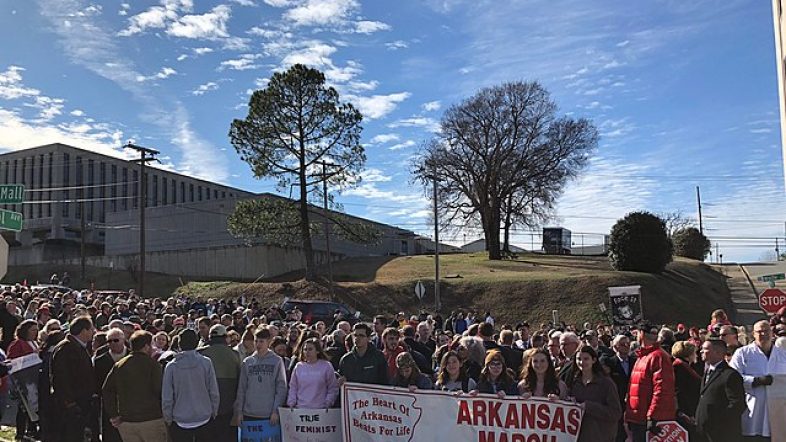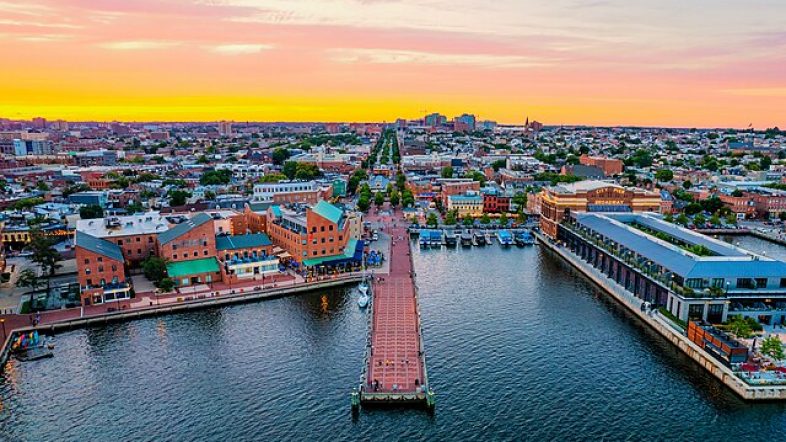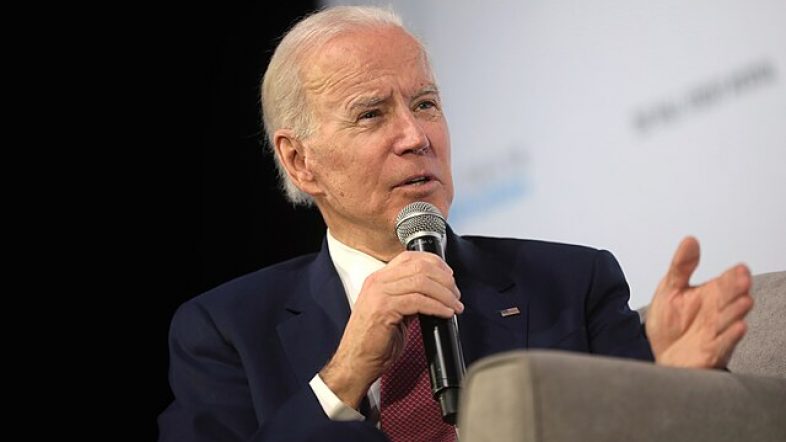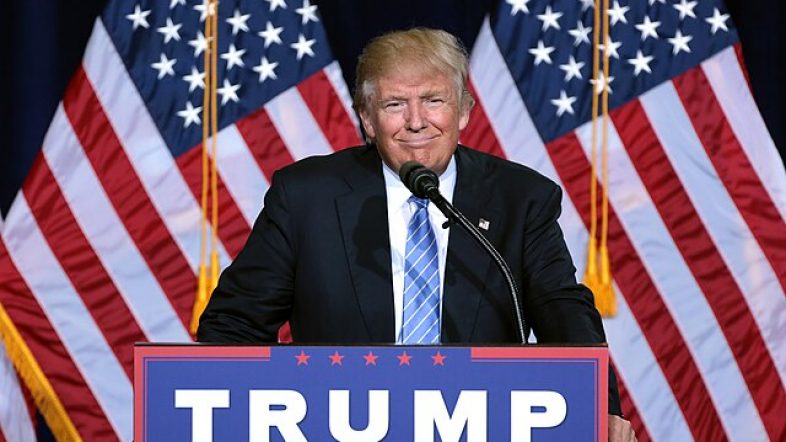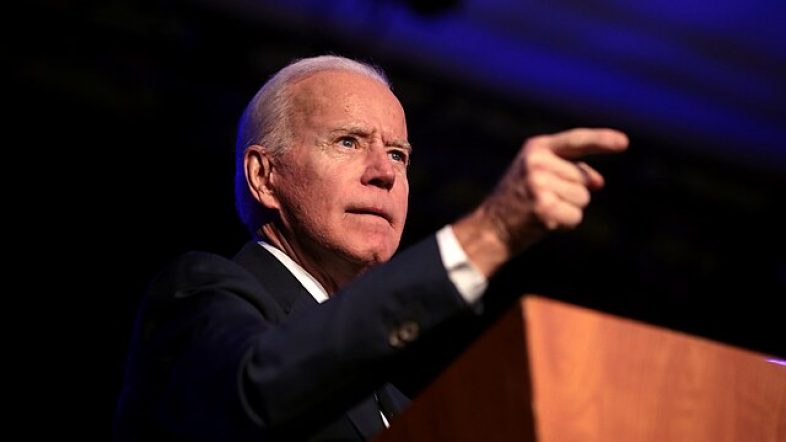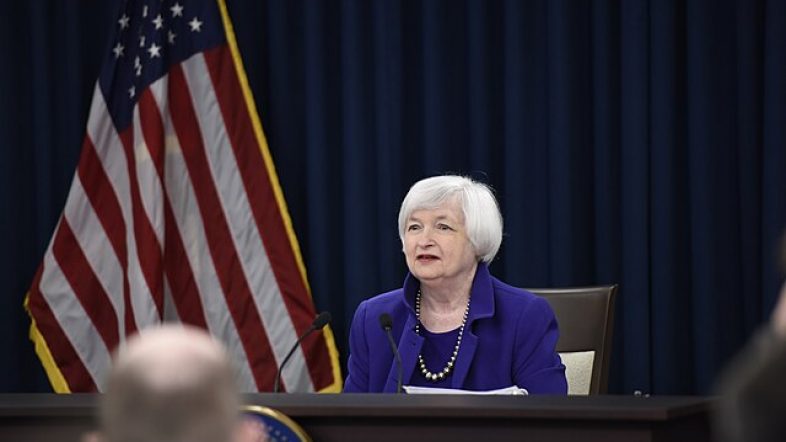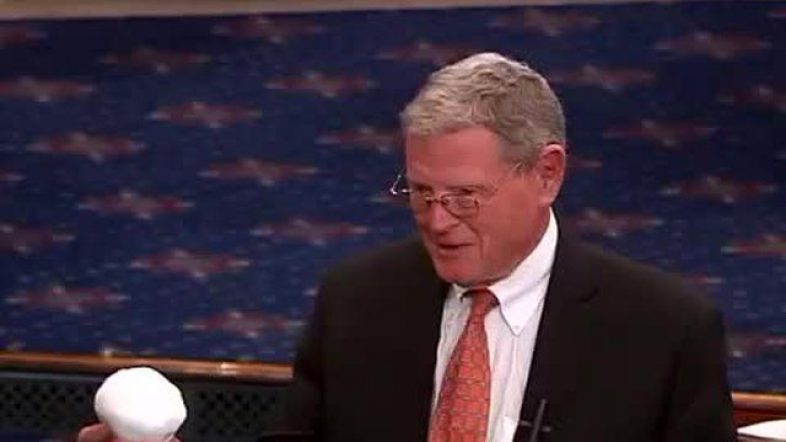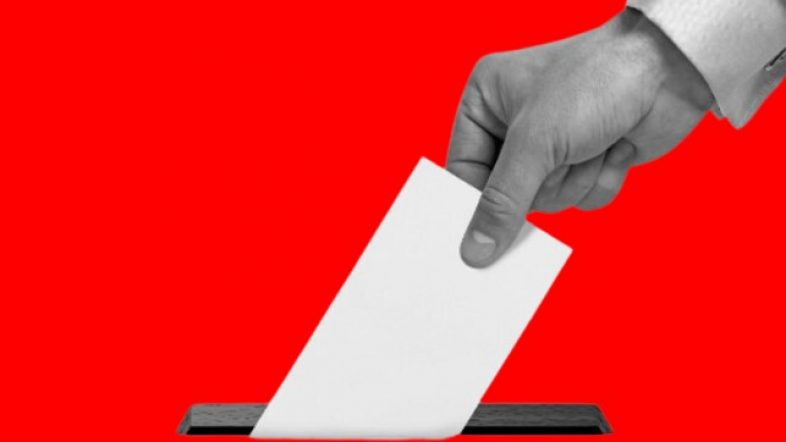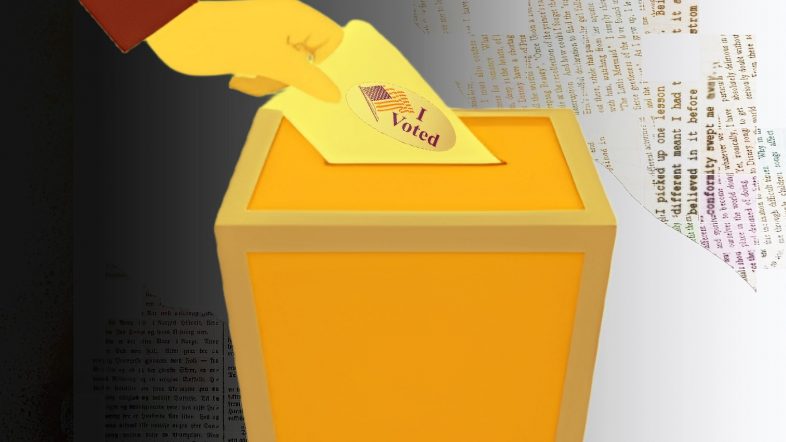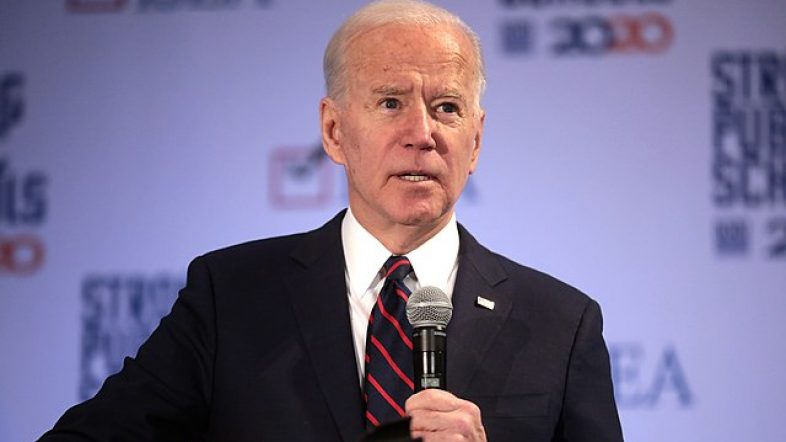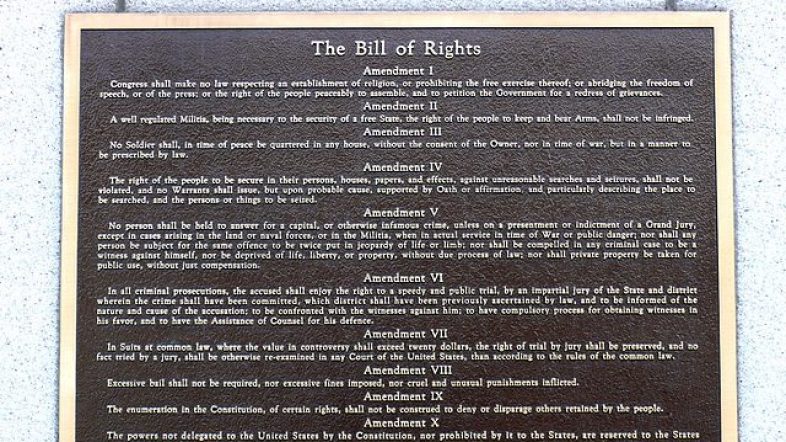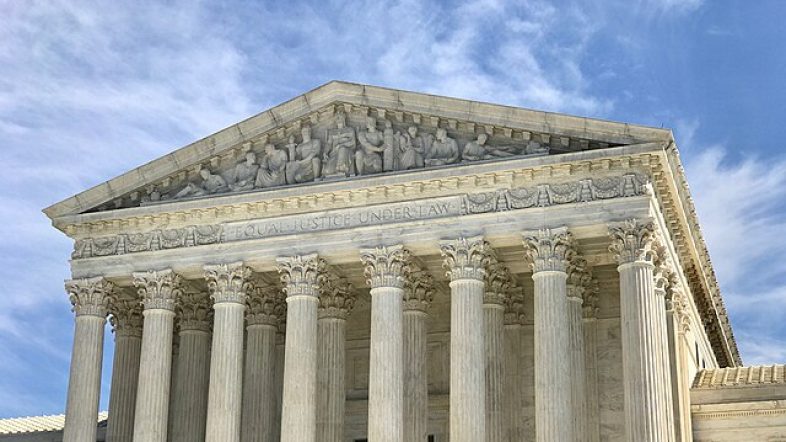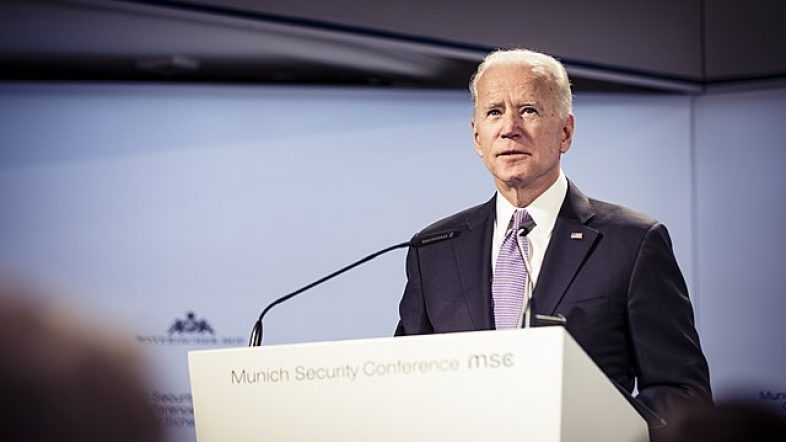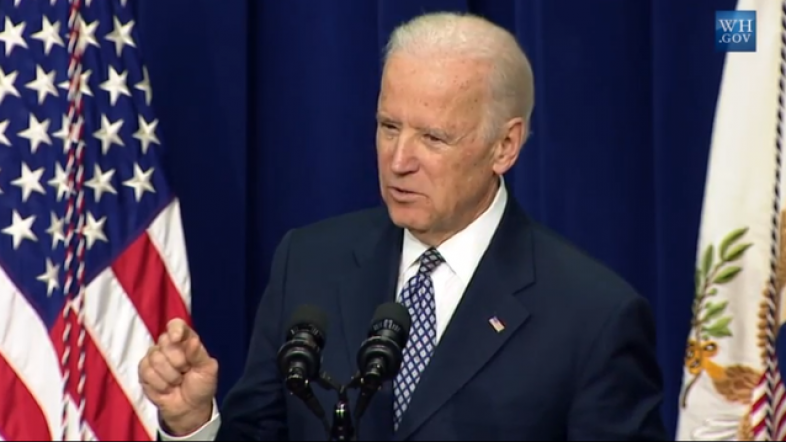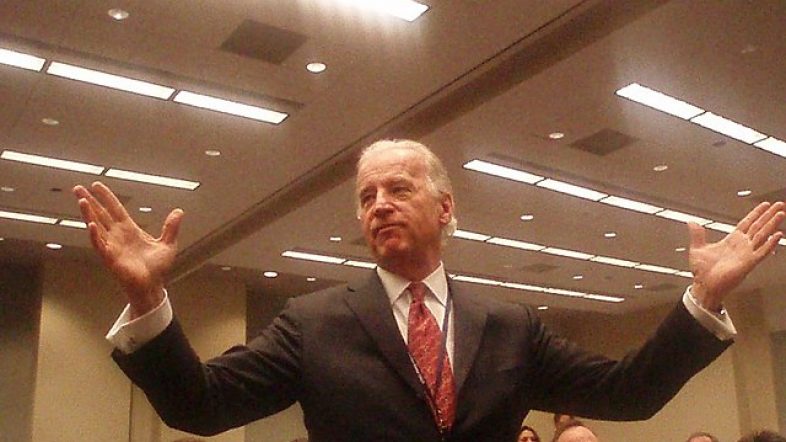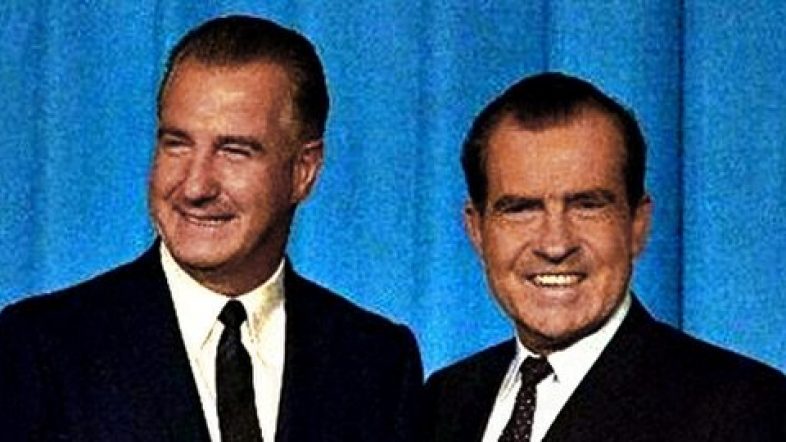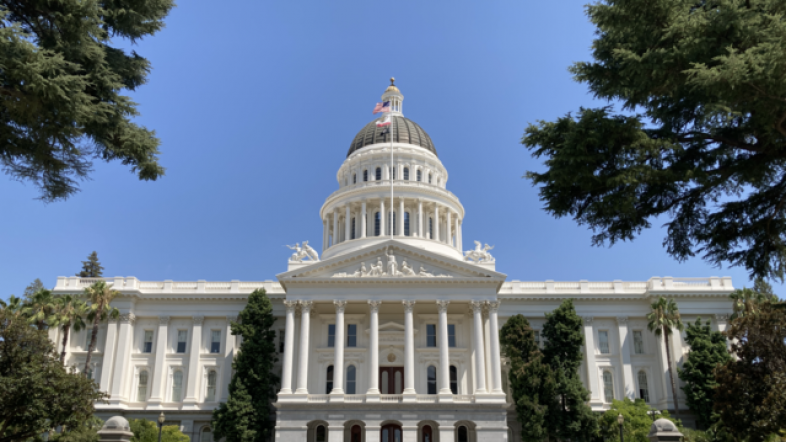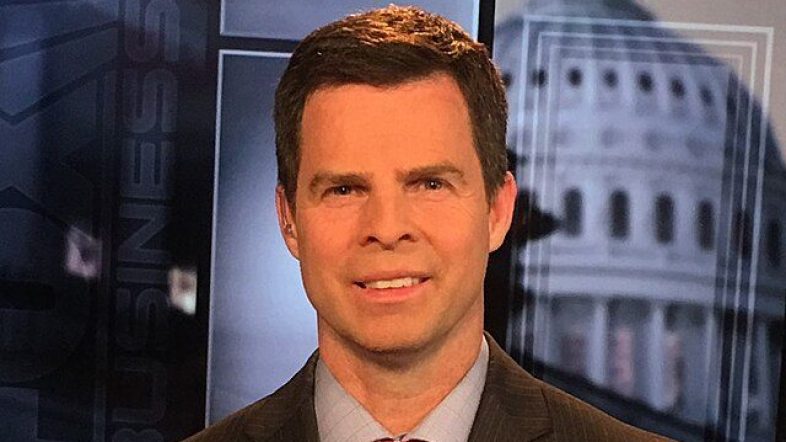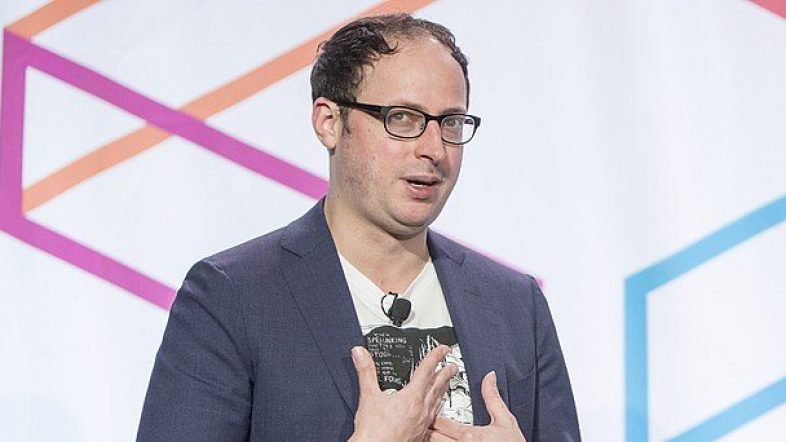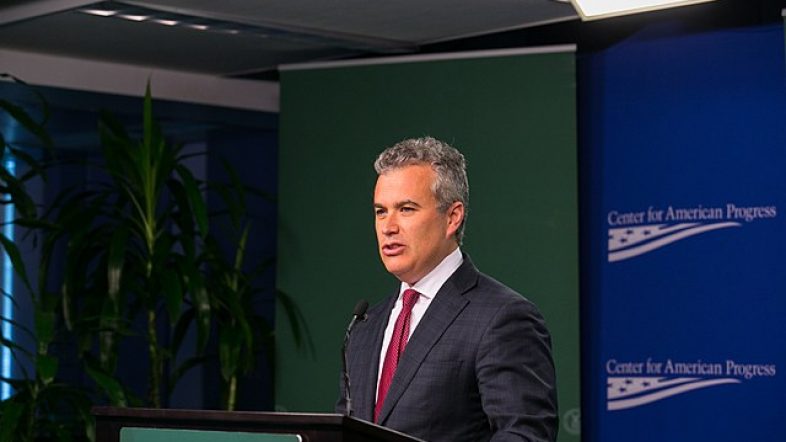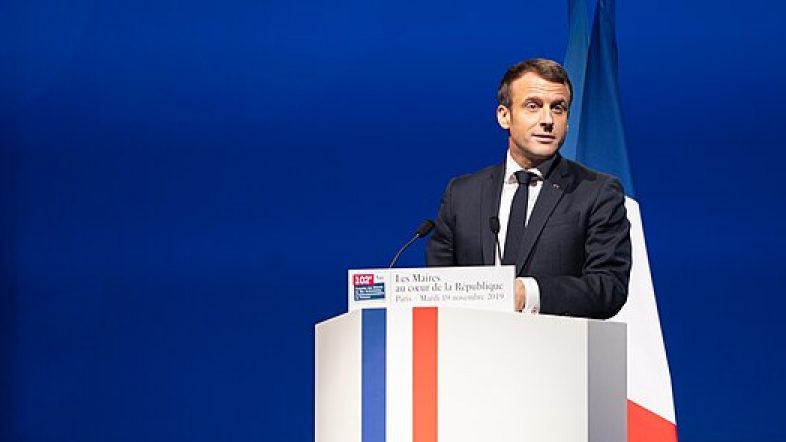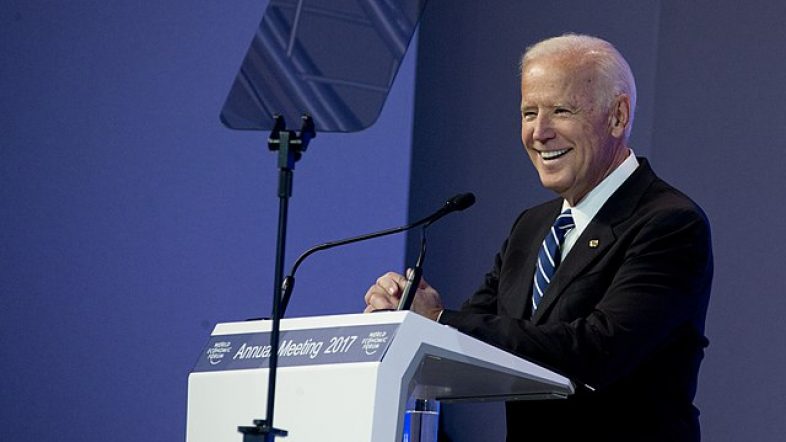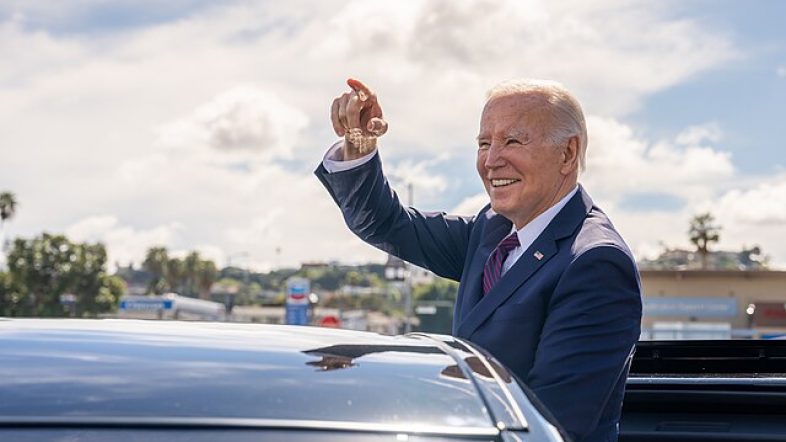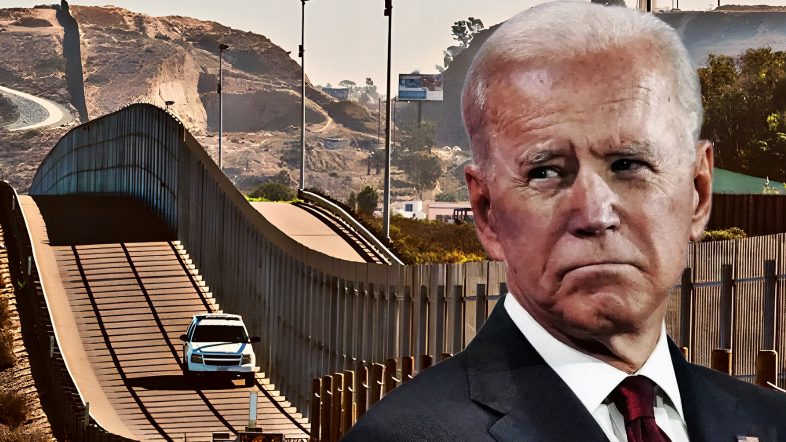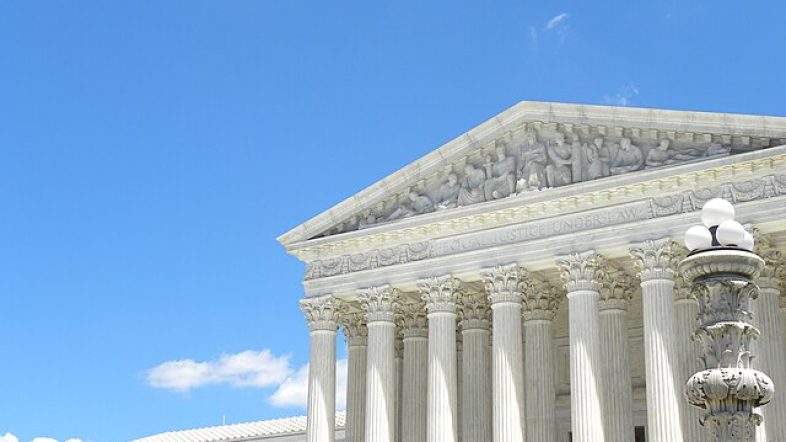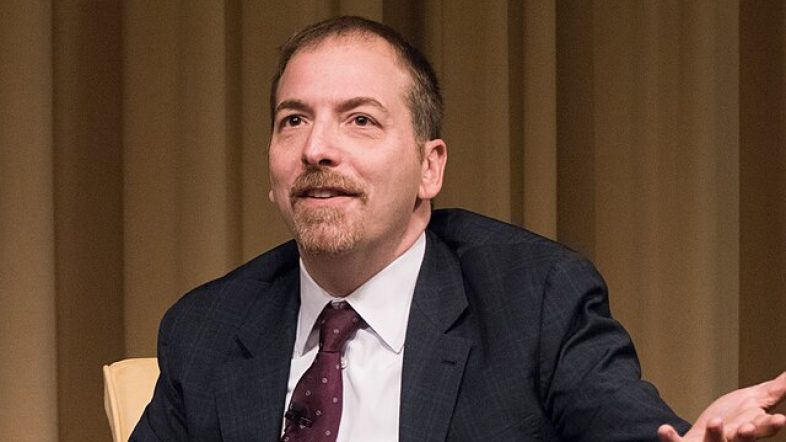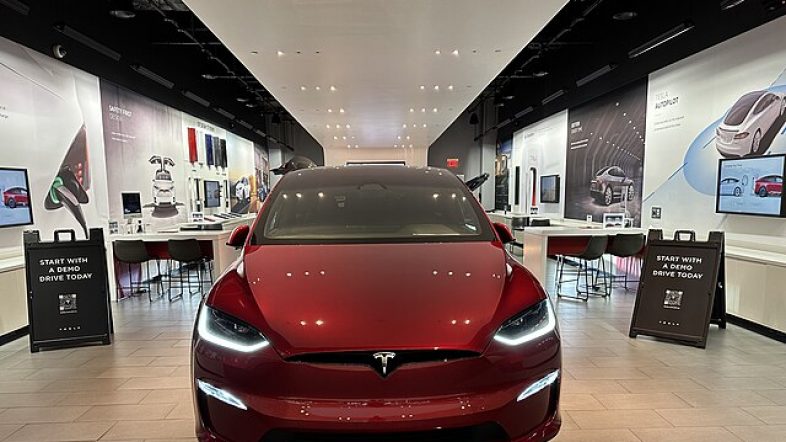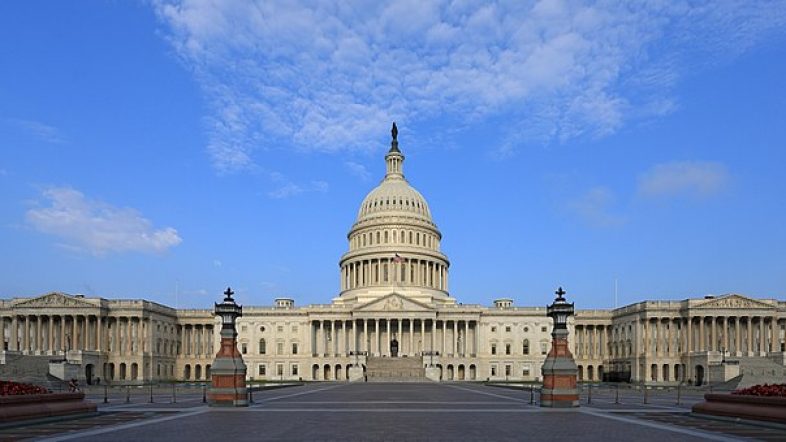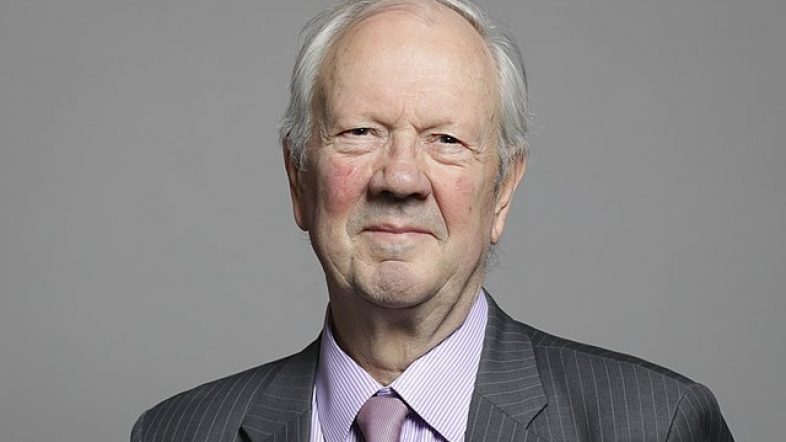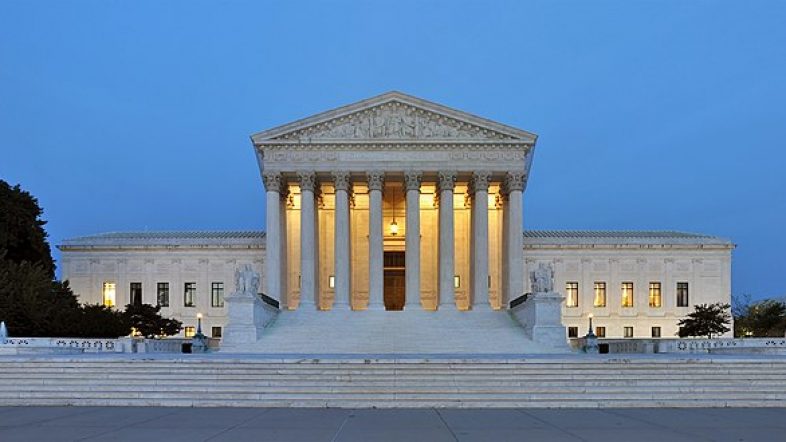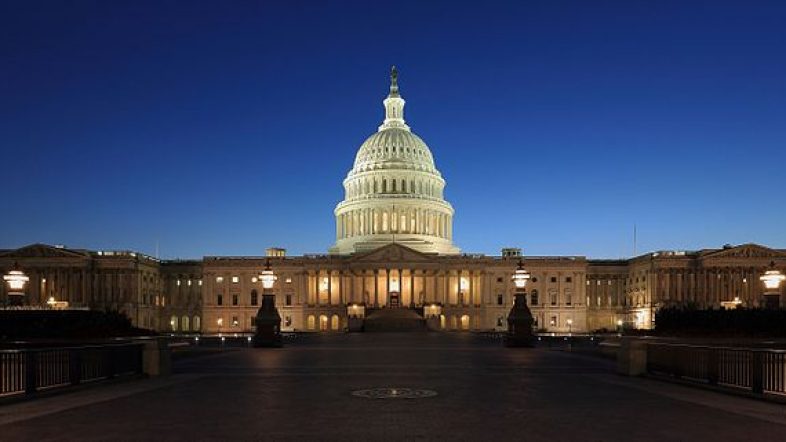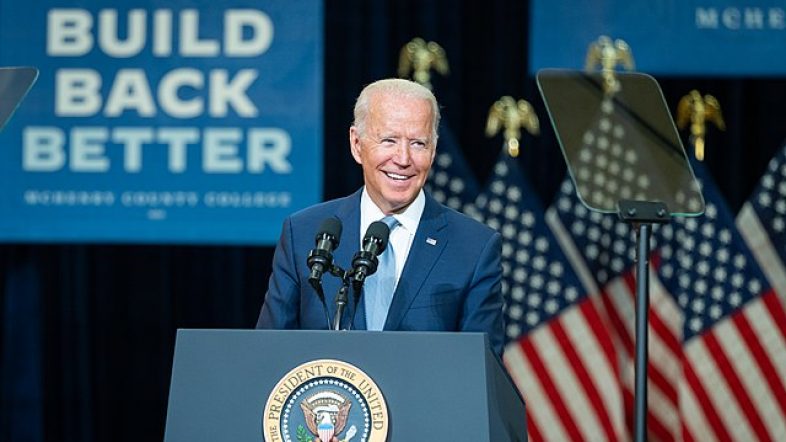When Joe Biden assumed the presidency in January 2021, economic growth was brisk, unemployment had fallen for seven consecutive months, inflation stood at 1.4 percent, and conservatives were relieved that the pandemic-induced federal spending frenzy was seemingly coming to an end.
But rather than allow federal spending to return to pre-pandemic levels, President Biden—who eagerly (and wrongly) claimed to have inherited the “worst economic crisis since the Great Depression”—unveiled an aggressive legislative agenda designed to keep federal spending elevated.
President Biden enacted only a sliver of his agenda in the two years before Democrats lost their House majority, but the fiscal damage was done. The budget numbers speak for themselves.
According to a Congressional Budget Office (CBO) report issued in February 2021, federal spending totaled a record $6.552 trillion in fiscal year 2020 and, under current law at the time, was expected to fall in fiscal 2021 and again in fiscal 2022 before heading modestly higher. In fact, CBO expected that federal spending would tumble as a share of gross domestic product (GDP) for four consecutive years, falling to 20.9 percent of GDP in fiscal 2024, the same level as the final pre-pandemic fiscal year (fiscal 2019).
That didn’t happen. Rather than fall by $788 billion in fiscal 2021, as CBO anticipated, federal spending increased by $269 billion. That’s a swing of more than $1 trillion in a single year!
Now that 2024 has arrived, history is repeating itself. CBO anticipates that federal spending will total $6.442 trillion this year, equal to 22.9 percent of GDP. That’s down from fiscal 2020, but it is $1.184 trillion more than CBO anticipated for 2024 just three short years ago.
What happened? Joe Biden happened.
The federal government is poised to spend 22.5 percent more this year than CBO anticipated at the onset of Biden’s presidency. Legislation signed into law by President Biden, boosting federal spending by trillions of dollars over the decade, and the impact that spending had on inflation and interest rates, are largely to blame.
For example, in February 2021, CBO estimated the federal government would spend $284 billion this year on net interest on the federal debt. CBO now estimates the federal government will spend $870 billion on interest this year. That’s slightly more than triple CBO’s February 2021 estimate.
Why is federal spending on net interest this year so much higher than expected? First, the federal debt is trillions of dollars larger now than CBO anticipated in 2021. Second, given the surge of inflation during Biden’s tenure, the federal government is paying significantly higher interest rates on its debt than CBO anticipated in 2021.
CBO’s February 2021 economic outlook anticipated inflation (CPI) rates of 1.9 percent in 2021, 2.1 percent in 2022, and 2.3 percent in 2023. Anyone who buys eggs, gasoline, or pretty much anything else knows inflation has consistently been far higher over the past three years.
According to the U.S. Bureau of Labor Statistics, inflation peaked at 9.1 percent in June 2022 and, although now much improved, remains elevated. Given the U.S. Treasury’s preference for relatively short-term debt financing, it was inevitable that federal interest costs would balloon once inflation took root and interest rates soared.
The surge in federal spending, however, is not limited to interest payments. CBO now anticipates that federal discretionary and mandatory spending this year will be $149 billion and $449 billion higher, respectively, than it estimated in February 2021. And from fiscal 2021 to fiscal 2031, CBO now anticipates cumulative federal outlays will be $12.4 trillion higher ($79.431 trillion vs. $66.999 trillion) than it anticipated in February 2021.
Also, despite record federal tax revenue and President Biden’s empty claim that he “reduced the federal deficit,” CBO now estimates the federal government’s cumulative budget deficit (fiscal 2021-fiscal 2031) will total $5.47 trillion more than when Biden assumed the presidency.
Biden bungled the federal budget. That much is clear. The only saving grace is, as Will Rogers observed nearly a century ago, “It’s a good thing we don’t get all the government we pay for.”


